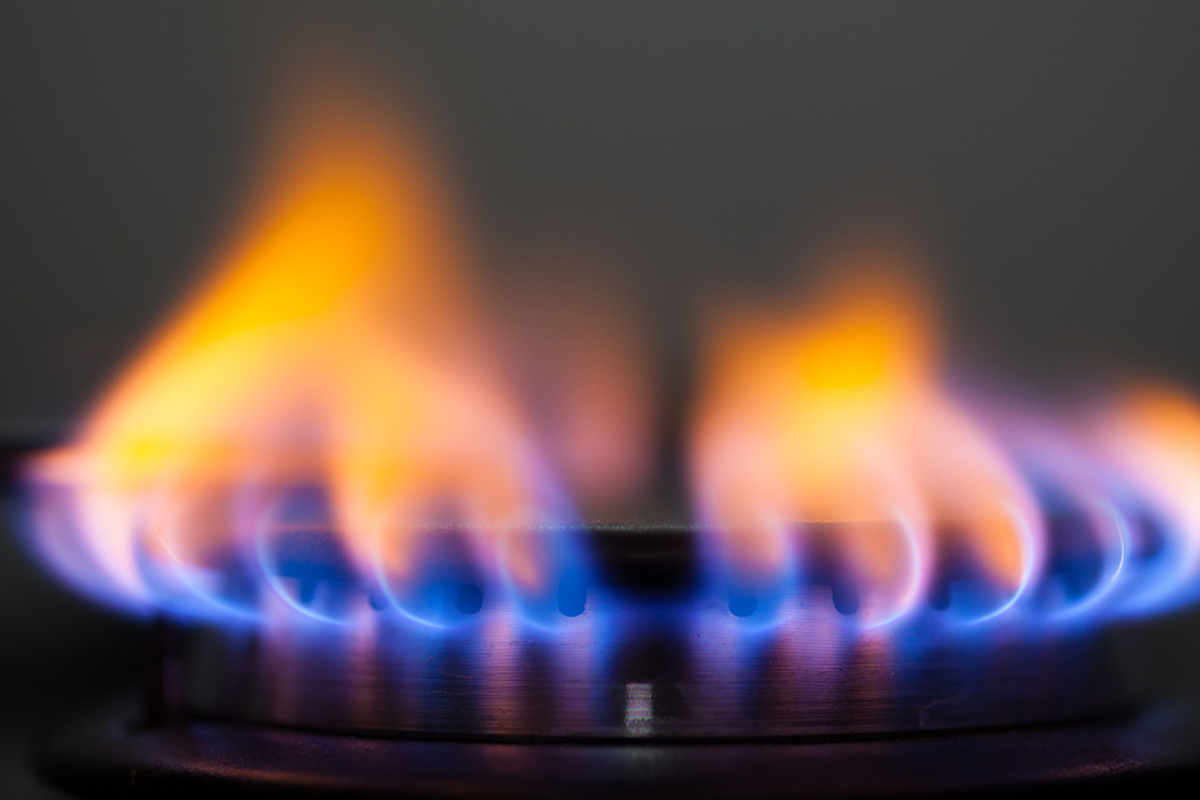Dear visitor,
You're reading 1 of your 3 free news articles this quarter
Register with us for free to get unlimited news, dedicated newsletters, and access to 5 exclusive Premium articles designed to help you stay in the know.
Join the UK's leading credit and lending community in less than 60 seconds.
Energy firms “likely to miss” smart meter deadline
Large energy companies are at risk of missing their deadline for the nationwide roll-out of smart meters, according to analysis by consumer group Which?.

Editor at Credit Strategy. Previously held roles at Accountancy Age, Accountancy Daily and the Leicester Mercury.
Up to 53 million smart meters, which will replace traditional electricity and gas meters in homes and businesses, are due to be installed across the UK by the end of 2020 to meet the government’s target.
Smart meters are designed to replace traditional meters by providing accurate bills without people having to submit a meter reading. They also offer new ways of topping up credit for prepay customers — for example, online, through apps, or automatically when credit drops to a certain point.
They also enable smart products — such as smart washing machines and electric vehicles — to operate on the smart grid, meaning people can automatically set certain household items to charge or turn on and off allowing them to benefit from cheaper energy at certain times of the day.
The consumer group’s research found that energy providers would need to install 30 smart meters a minute, every day, for the next two years to replace the 46 million existing meters. At present, large energy suppliers are only putting in 9.7 meters a minute.
In August, Citizens Advice called for the national roll out of smart meters should be extended by another three years, after the charity said it is concerned the time pressure could lead to poor-quality installations.
Robert Cheesewright, director of corporate affairs at Smart Energy GB, said: “Britain’s smart meter rollout is a vital upgrade for the nation’s energy infrastructure. Smart meters are crucial if we want to tackle climate change and reduce our carbon footprint. In line with the government’s figures, smart meters will help people save on average almost £50 a year on their energy bills by 2030. Energy suppliers are working hard to offer all households smart meters as soon as possible.”
A spokesman for the Department for Business, Energy & Industrial Strategy (BEIS) said: “Millions have already chosen to have a smart meter and take control of their energy use to cut their bills. The government is committed to all households and small businesses in Great Britain being offered smart meters by the end of 2020.
“Suppliers are ramping up their operations over the next 12 months as they recruit and train even more installers.”
Alex Neil, Which? managing director of home products and services, said: “The smart meter roll-out has been plagued by problems and been massively delayed, the benefits have been overstated and the savings they could bring consumers are at risk.
“It’s time for the government to replan with industry and consumer groups to ensure that people get the maximum benefit at the minimum cost.”
Stay up-to-date with the latest articles from the Credit Strategy team
Get the latest industry news






